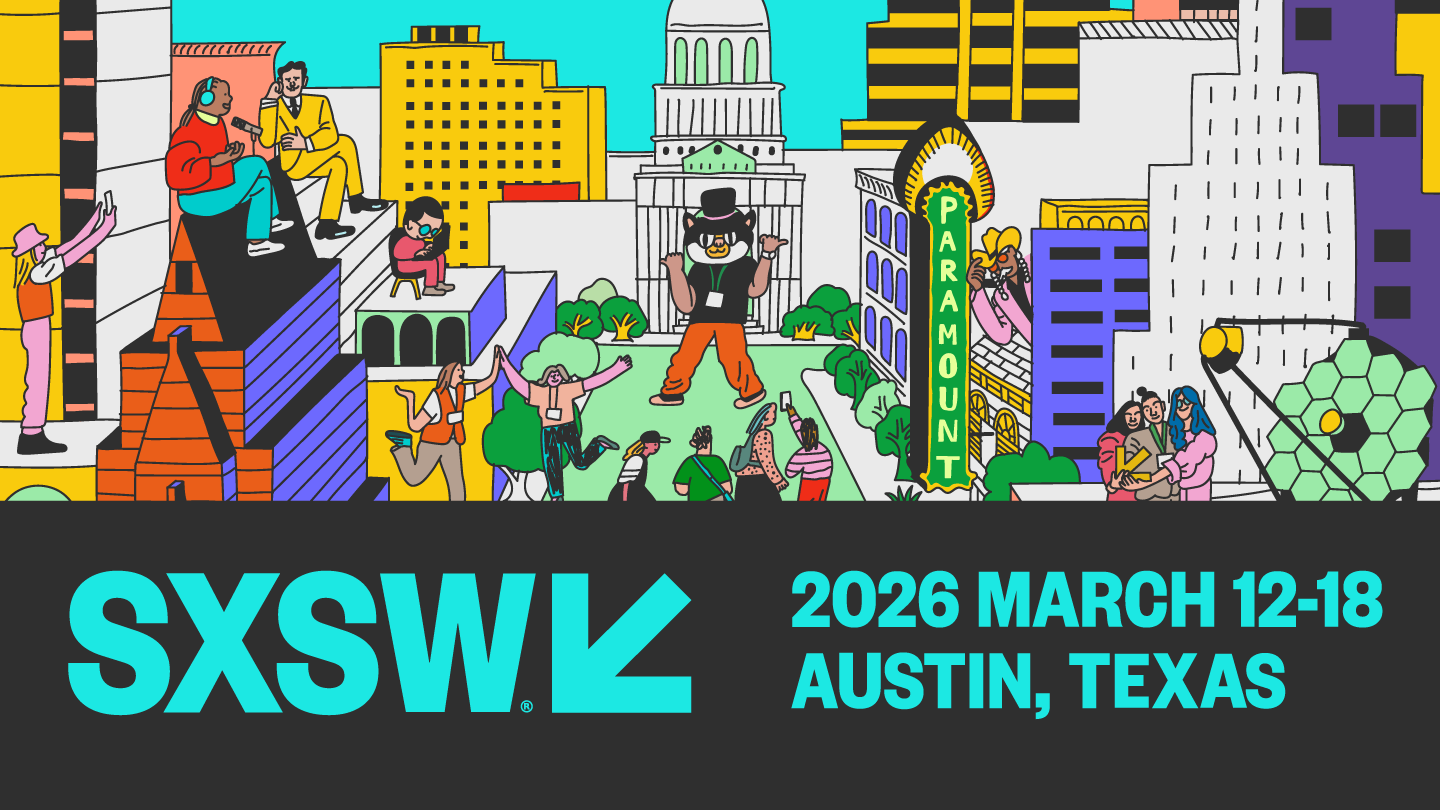This past week, Latinitas had the incredible honor of speaking with the US Special Representative for Racial Equity and Justice, Desirée Cormier Smith. Special Representative Smith has spent her life’s work giving back to others and this week was no different as she joined the Secretary of State, Anthony Blinken in honoring six recipients at the second annual Global Anti-Racism Champions Awards. We had the absolute privilege of speaking with her about her inspiring work, the significance of these Awards, and her journey into working at the State Department. Please enjoy our conversation with the amazing Desirée Cormier Smith.
So you recently took part in The Global Anti-Racism Champions Awards alongside the Secretary of State, Anthony Blinken. Could you explain what anti-racism is and why you think it’s important for the US government to reward and highlight anti-racism efforts?
Yes. I was very honored to have taken part in The Second Annual Global Anti-Racism Champions Awards. This award was created to highlight and honor and really elevate the work of civil society leaders, combating racism, combating xenophobia, combating discrimination based on ethnicity in their respective communities.
Anti-racism is not just not being racist, right? It’s the active engagement, the active pushing back against racism, racial inequities, and structural racism. And that is exactly what these folks are doing. The reason why this is important is because racism is a national security threat for the United States, and there is no country in the world that is free from racism. That’s not a quote from me, that’s actually a quote from the UN High Commissioner for Human Rights Volker Türk. Now, obviously, it’s gonna look a little different, and it’s not always going to look like it looks in the United States, but I think it’s important to acknowledge that this truly is a global challenge that will require global solutions.
So that’s why we created this award. It’s really to acknowledge the challenge that people from marginalized, racial, ethnic, and indigenous communities face because of that identity. And also elevate the great work that’s being done to push back against that racism, to push back against those injustices, and to ensure that people from these communities have access to their full and basic human rights. I mean, this is as simple as ensuring that a child can go to school and is not denied access to education simply because they are Roma, or simply because they are Indigenous, or simply because they are black.
And so this really is about affirming the basic humanity of people who, for far too long are pushed to the margins or erased because of their race or ethnicity.
Thank you so much. And yes, you explained it beautifully, but it’s such an imperative issue right now. It is a risk, and we are seeing the effects of that right now. So, as you know, I am part of a fantastic nonprofit here in Austin that encourages Latinas to get into STEM at a young age. Because of this intersectionality is something we’re often thinking about. We’re not just women wanting to succeed in tech, we’re Latinas, and that affects everything.
Yes.
Hearing this, how does your work address the complexities of race, gender, and class in tackling racial inequities?
Yes. I mean, as a black woman, I personally experienced intersectional discrimination, right? I’ve experienced discrimination because I’m a woman and because I am black. And so for me, you cannot talk about racism without also acknowledging the intersectional discrimination that people from marginalized, racial, ethnic, and Indigenous communities face because of additional identities. Whether that is because of their gender or because they are LGBTQIA+ or because they have a disability or because they’re from a different religion or have no religion.
And so we have to acknowledge that even within marginalized communities, there are different layers of discrimination based on additional identity factors. For instance, several, actually half of our awardees this year are women, so three of the six. And last year we actually had five of the six were women. [Special Representative Smith laughs].
And that was just by chance. I mean we didn’t do that on purpose, but I think it’s a testament to the fact that women are often at the forefront of these movements. Because they experience it in such compounded ways. And every single one of the three of our female Anti-Racism Champion Awardees this year focuses specifically on the disproportionate and unique challenges that women in their communities face. So for example, one of our awardees, Tanya Duate is from Mexico.
She’s an Afro-Mexican woman who works a lot with victims of gender-based violence and domestic abuse. Her focus is generally on raising awareness of, and access to rights for Afro-Mexicans in Mexico, which is a population that has largely been invisible for a while. But even though her focus is on Afro-Mexicans broadly, she has a particular focus on Afro-Mexican women because they bear the brunt of a lot of the challenges impacting the community when it comes to violence, when it comes to health inequities, and when it comes to access to education and, all of these different things.
There’s a famous quote, right? If you empower a woman, you empower an entire community. And I think the leaders that we are honoring this year acknowledge that even the men. And so I think it’s impossible to talk about human rights without acknowledging the intersectional nature of racism, of sexism, of all of these other forms of discrimination.
Thank you. We actually had the opportunity to interview her, and it was, it was incredible. She’s phenomenal.
Oh, great!
So I’m so glad you brought her up.
She’s amazing.
Yes, as are you. As US Special Representative for Racial Equity and Justice, you hold an incredible title. What drew you to working in government, specifically that aspect of it?
Yes, thank you. You know, I had always believed in the power and the honor of public service, and that was following sort of a family tradition. A lot of folks in my family worked for governments in public service, mostly at the local level. But I was particularly inspired by my grandfather, who was a civil rights activist in Los Angeles. And he, early in his career was a social worker. I remember when I got accepted into all of these Ivy League very prestigious universities, to my surprise, and to my family’s surprise. He reminded me very in very stark terms that a fancy degree is great, but only to the extent that I use it to help others.
Oh wow.
Right? He made it very clear that it should not be about my personal gain. And so there was always an installation of the need to give back to my community, the responsibility of using whatever I was able to gain for the broader improvement of our community. And then also, I’ve always been a firm believer in public service growing out of my involvement in Girl Scouts early age, and my Catholic faith also teaches the importance of serving others. So when I had the opportunity to apply for a fellowship with the State Department in undergrad to join the Foreign Service, I jumped on it and I began my career as a foreign service officer, proudly serving my country and representing the United States in Mexico, in South Africa, and in Washington DC to the African Union.
And I was honored to do that because, for me, it was also important that I show a different side of the United States. When I first traveled abroad in high school, I had a very disturbing experience of people asking me where I was from. And I would tell them the United States, and they would say, No, where are you really from?
Oh.
Yes, and that for me was so offensive. Because as a black American whose ancestors literally built this country, right? The notion that I was somehow less American than a white American was just incredibly offensive. So that also drove me to want to represent my country because I thought diplomats generally should reflect the beautiful diversity of our country. And that should include black Americans, it should include Latinos, it should include Arab Americans, it should include Asian Americans, it should include Native Americans in everyone else. When we don’t have a diplomatic core that looks like America, I think we’re missing out on something because it’s such a source of our strength and we should absolutely be leaning into that fully.
A thousand percent. We always say our diversity is our superpower. And that really proves to be at every turn. Okay, one last question because I know your time is very, very valuable. How is the US government, specifically your team, working to support marginalized and underserved communities in the states and beyond?
That’s a good question. So since we are at the State Department, our job is specifically focused on foreign policy. So that means we work with communities who are marginalized because of their race or ethnicity or indigeneity outside of the United States. But my team also can serve as a bridge between these communities and the US government agencies working on similar challenges domestically as well as US domestic civil rights organizations.
So I’ll give you an example. I traveled to Peru a few years ago, and one of the challenges that their Supreme Court is actually trying to work on in their Department of Justice more broadly, is increasing access to justice for indigenous communities. That is actually a very similar goal that the US Department of Justice has. So when their Supreme Court members traveled to the United States, I was able to connect them to members of the Department of Justice’s newly created Access to Justice Office. Not only was that an opportunity for the US Department of Justice to share what we are doing in order to increase access to tribal nations and native communities here, but it was also a really good opportunity for them to learn from the Peruvian Supreme Court justices on how they have been able to have some successes.
So it was a really powerful exchange of ideas, of lessons learned, and best practices. And that is what I love about this work. We have to do this work in the spirit of partnership and with great humility, right? We don’t have all the answers, nor have we solved the challenge of racism, discrimination, or xenophobia in the United States, obviously. And, it’s also an acknowledgment that while we continue to grapple with these challenges, we are not the only country grappling with them. So we have as much to learn as we have to share with other countries on how to address these structural inequities.
Thank you so much for speaking with us, Special Representative Smith. I am truly honored to have gotten the opportunity to talk to you. Thank you for the incredible work that you’re doing. It’s really inspiring.
That’s very kind of you, thank you so much. It was a pleasure talking to you as well.











